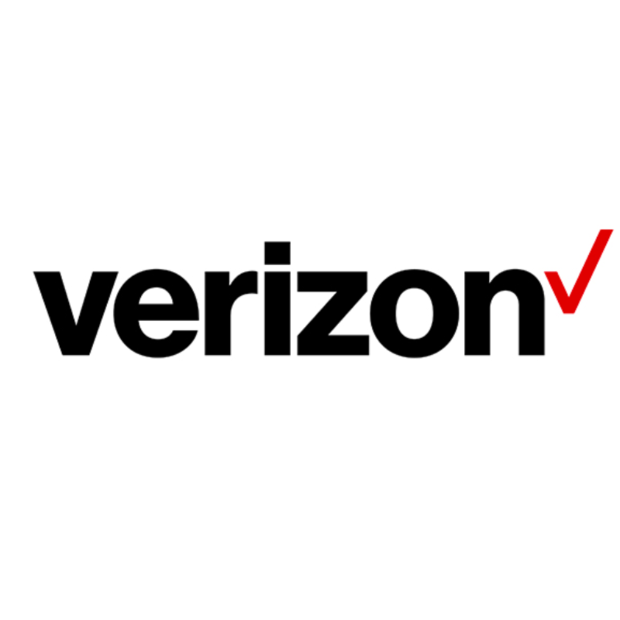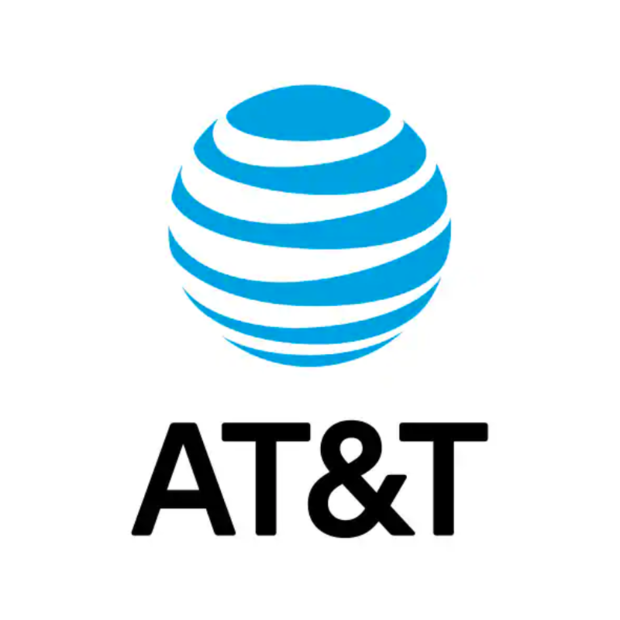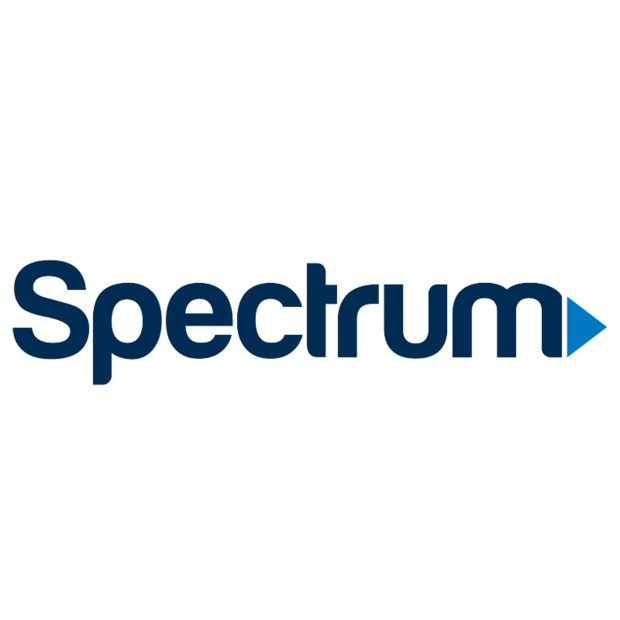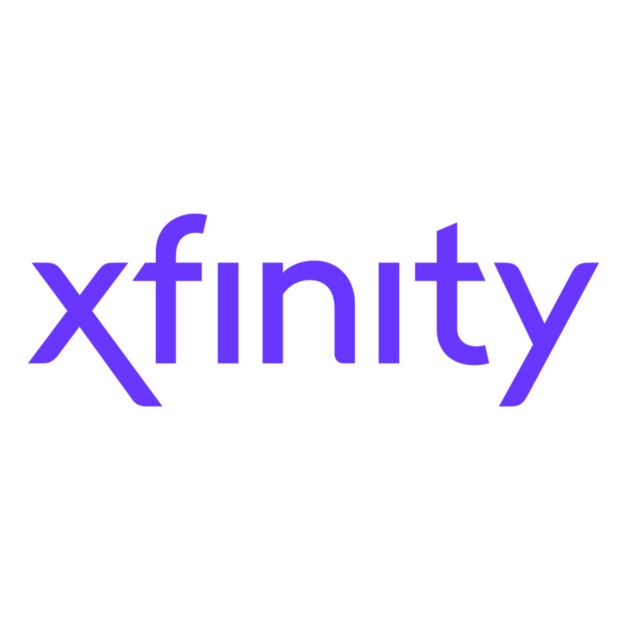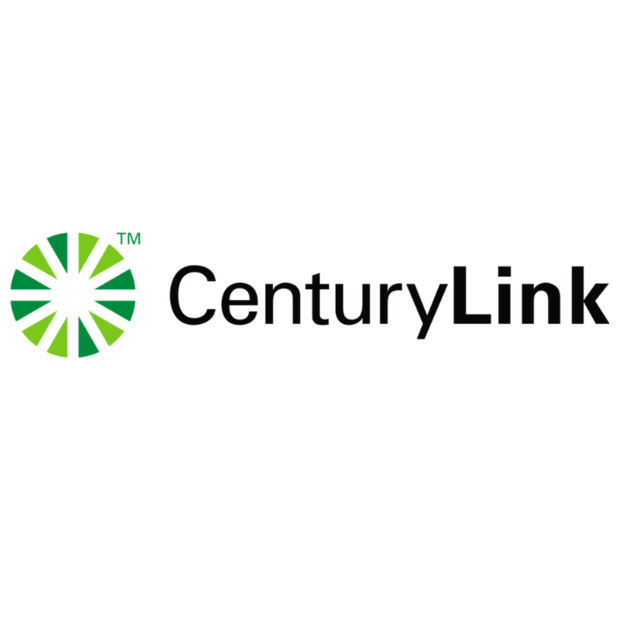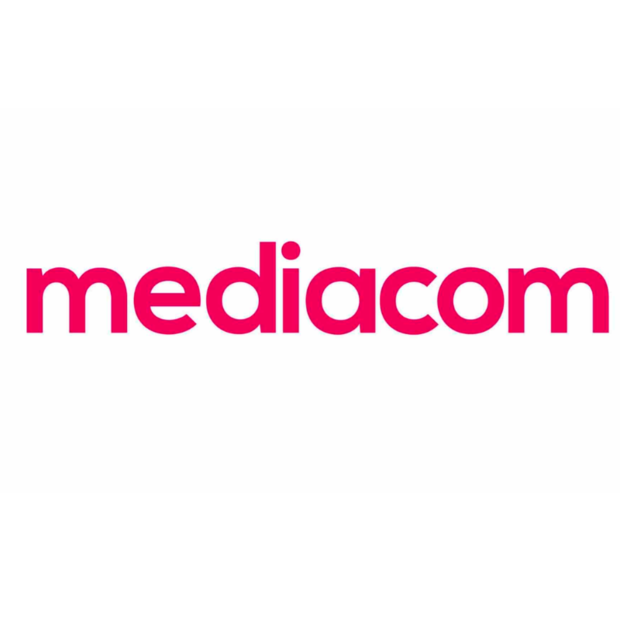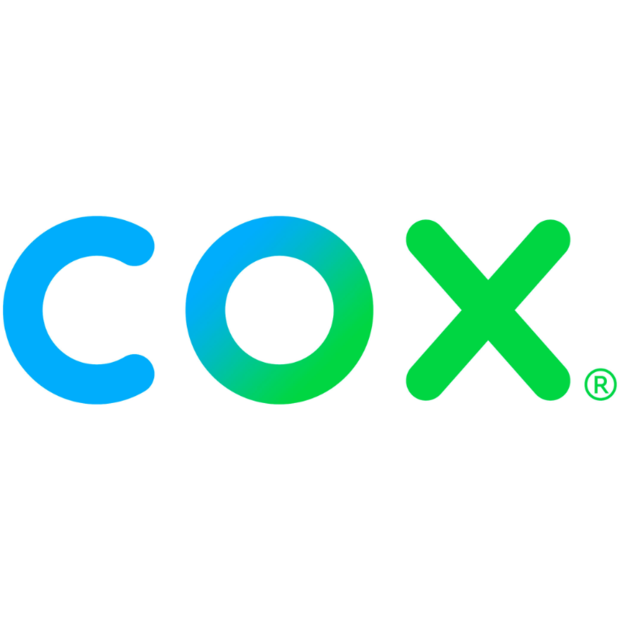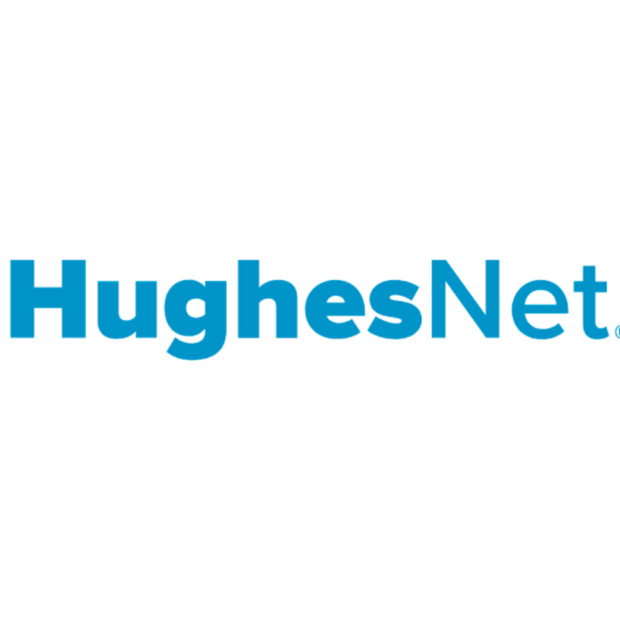The 10 best internet services for 2024: Top choices ranked by our experts
Let's face facts: The internet isn't a luxury. It's a staple. We stream our favorite shows, jump on Zoom calls, work remotely, and game with friends across continents. The digital dependence is real. With that in mind, how do you determine which services are the real deal?
Simple: We did the homework so you don't have to.
We've analyzed and compared some of the biggest names in the broadband arena, ensuring that you get the most bang for your buck (and time). The criteria? Speed, reliability, security, and of course, user satisfaction. It's also important to keep in mind that not every internet provider will be available for every user, and in fact the list of options will vary depending on location. For instance, Comcast is unavailable in some markets, as is Optimum, while companies like AT&T and Verizon have slightly larger footprints that include a larger customer base.
We get it. Figuring out what all this means when you just want to hop online an browse YouTube can be confusing and annoying. But it doesn't have to be. There are plenty of choices, and though some will be restricted to certain areas, there are enough to shop around and find the best ISP that ticks all your important boxes.
Below, check out 10 of our favorite picks for the best internet services for 2024.
Best overall: Verizon
Connection Type: Fiber, DSL, Mobile | Download Speeds: 300 Mbps to 1 Gbps | Monthly Cost: $35 and up | Bundles: Internet, TV, and Phone
Verizon is a well-known provider that has phone service as well as Fios internet. It's also the best and most convenient internet service provider we've found lately. Fios is a fiber-optic network that offers high-speed internet. It serves up impressive speeds that should suit just about any user, depending on their budget. Interestingly, Verizon also offers a feature called Speed Match, which means both upload and download speeds are equally fast. This feature is especially great for gamers and anyone who regularly needs to move large files back and forth.
Starting prices are as low as $49.99 for 300 Mbps, making Verizon a more affordable choice than other internet options. There are three primary service tiers available for Fios. Beyond the 300 Mbps option, there's a 500 Mbps plan for $69.99 and the top-tier Gigabit connection at $89.99 per month, which offers up to 940 Mbps of download speed and 880 Mbps for uploads. There are no contracts or limits in terms of data caps. And there are also low-income connectivity options for customers who need it.
Unfortunately, Fios' high-speed service isn't available everywhere. Luckily, Verizon has other options, like DSL and mobile internet services. Its DSL is the most basic, with speeds between 1 to 15 Mbps. Verizon's LTE service has download speeds ranging from 25 to 50 Mbps, with its 5G averaging about 300 Mbps. Its Fios internet is the best by far, but if you can't benefit from that, Verizon is still a reliable ISP with options that should work for everyone.
Why we like Verizon:
- It has blazing fast speeds that can work with just about any budget.
- The intuitive Speed Match perk means both upload and download speeds are equally fast.
- There are no data caps, contracts, or limits, as well as low-come connectivity for some customers.
Best runner-up: AT&T
Connection Type: Fiber, DSL | Download Speeds: 100 Mbps to 5 Gbps | Monthly Cost: $55 and up | Bundles: Internet, TV
AT&T is more than just a home and cell phone service. They offer a wide range of internet packages, with their standout offerings being fiber internet. For customers around major cities within AT&T's coverage area, fast and reasonably priced internet options are on the menu. These fiber connections can go up to a whopping 5 Gbps, but for most users, the 300 to 500 Mbps plans will more than cover activities like working from home, streaming videos, and online gaming.
For those in rural areas or locations without many options, AT&T has wireless internet service that uses special equipment and an antenna to connect as an alternative. The company doesn't charge rental fees and it doesn't impose data caps for its fiber services. There are also no contracts. However, some users might have to pay a one-time $99 installation fee.
AT&T also has "Internet Air," which is primary for existing customers looking for an upgrade. The plan is straightforward, and it's just $55 per month with options like like autopay and paperless billing. The AT&T All-Fi Hub is part of the package, allowing users to handle the setup independently without a service call.
AT&T offers a plenty of different services. Unfortunately, it won't be a win for many customers living in rural areas. As far as TV packages go, you'll have to use DIRECTV if you want to add to your bundle, which may be a pain for some users to deal with, especially those in apartments where satellite dishes aren't always welcome.
Why we like AT&T:
- It has a wide coverage area that includes much of the country, especially major cities.
- There are multiple types of internet connections to choose from to subscribe to.
- There are no caps and no contracts to deal with.
Other top alternatives: Spectrum
Connection Type: Cable, Mobile | Download Speeds: 300 Mbps to 1 Gbps | Monthly Cost: $50 and up | Bundles: Internet, TV, and Phone
Spectrum is a great choice for anyone looking for affordable internet that can be bundled with TV and home phone options. Plus, Spectrum has cell phone plans that use Verizon's network, which you can bundle together all at a considerably cheaper price than paying for it all separately.
It offers internet that's fast, affordable, and reliable. It has a variety of plans starting at $50. Plus, its plans are pretty straightforward, too. If you want to make the switch over from another service provider, Spectrum will cover up to $500 in cancellation fees to help move you. Internet services range from 300 Mbps to 1 Gbps. However, while the download speeds are commendable, upload speeds with Spectrum are rarely impressive at just a fraction of its download numbers.
Spectrum doesn't have data caps, which is a huge plus. And while they used to charge extra for modem rentals, that's now a thing of the past. Plus, Spectrum also promises free modem upgrades if you need one for a higher service tier or if your equipment becomes obsolete.
It's worth noting that if you're chasing peak performance for both uploads and downloads, a fiber-optic internet connection might be more up your alley. Spectrum has great download performance, but when it comes to uploads, as previously stated, it leaves a little to be desired. Still, if that's not an issue for you, there's plenty to appreciate about this provider.
Why we like Spectrum:
- The plans are affordable with bundles including internet, TV, and phone.
- There are no data caps in any market for customers.
- Spectrum offers cell phone service in addition to its other perks.
Xfinity
Connection Type: Cable, Fiber | Download Speeds: 50 Mbps to 2 Gbps | Monthly Cost: $45 and up | Bundles: Internet, TV, and Phone
Comcast's Xfinity is the largest internet service provider in the United States. It's a super popular brand that offers cable, phone, and internet, and it provides service in 39 states. It offers blazing fast speeds as a cable service, and it has plans that range from 50 Mbps to 1.2 Gbps. You can lock in pricing for the first 24 months with no contracts, too.
In addition to these plans, Xfinity is rolling out fiber connections in some markets, so some customers can access up to 2 Gbps and symmetrical upload speeds. Unfortunately, Xfinity is another one of the otherwise great providers on our list with a data cap.
Customers are capped at 1.2 TB of data per month for all plans. The service claims that you get one courtesy month per 12-month period, but after that, you'll be charged $10 per 50 GB of data up to $100 per month. Most customers won't use this much data each month, but large households and gamers will blow through it pretty fast.
If you're into bundling, Xfinity is one of the better services. You can roll TV, internet, phone, and security all into one account and potentially save a lot of money. Deals vary by market, but you'll usually find that you can lock an available bundle in for 18-24 months before you have to worry about prices going up. If you're not concerned about data caps, Xfinity is a great service in just about every other way.
Why we like Xfinity:
- The service's wide variety of plans lets you get the right speed at the right price.
- Bundlers can potentially get big savings from switching over to Xfinity.
- Getting a price guarantee without a contract is always a good thing.
CenturyLink
Connection Type: DSL, Fiber | Download Speeds: 100 Mbps to 940 Mbps | Monthly Cost: $50 and up | Bundles: Internet, TV, and Phone
While it may not be a big name for city slickers, many rural customers are more familiar with CenturyLink. However, it might not have that reputation for long. The company is expanding its fiber operations into larger midwestern, western, and northwestern markets, which means it might be giving Spectrum, Verizon, and Xfinity some competition.
CenturyLink's fiber network is only active in 19 cities right now, but its DSL is available in 36 states. This older technology is reliable in areas where coaxial cables haven't been laid, or the infrastructure is old and outdated.
If you're looking for fair pricing, CenturyLink is a top choice. Its Price for Life guarantee locks you in at one price permanently. So, $50 might seem like a bit much for 100 Mbps DSL, and it kind of is -- but you don't have to worry about the typical ISP tactic of giving a sweet deal for 12-24 months and then double the price. You'll just be on the hook for $50, no matter what.
While CenturyLink's fiber tops out at 940 Mbps and no cap, its far more common DSL isn't great compared to other high-speed solutions. It maxes out at 100 Mbps and has a 1 TB cap. But it's a ray of sunshine in many places that would otherwise only be served by dial-up only.
Why we like CenturyLink:
- Fiber is affordable with no data cap in the markets it's available.
- CenturyLink's Price for Life guarantee makes it one of the most fair-priced ISPs on our list.
- It's a good service for anyone in rural areas, especially where there is nothing else.
Frontier
Connection Type: DSL, Fiber | Download Speeds: 500 to 5,000 Mbps | Monthly Cost: $50 and up | Bundles: Internet, TV (satellite), and Phone
Frontier isn't available in every state, but it operates in 25, so it does have a broad range of customers. They offer fiber optic connections as well as the option to bundle together home phone and Dish for satellite service, which makes it a simple one-stop solution.
Where Frontier truly excels is in areas that can access its fiber optic internet. Their 1 Gig plan delivers remarkable speeds, with both download and upload capabilities reaching up to 1,000 Mbps. Such speeds not only compete with but often surpass many of their rivals in the market. It also offers 2 Gig and 5 Gig plans for heavier users, with a range of 500 Mbps to 5,000 Mbps available.
One advantage that often resonates with users is Frontier's policy of no data caps. Because it stands out in a market with other adjacent providers that impose them, this provider's fiber optic plans become an even more attractive proposition. It's especially good for households with multiple users that work from home, play games online, or watch a lot of streaming content.
Still, in areas where only DSL is on offer, Frontier might not be the best choice -- DSL is much slower when compared to fiber or cable. That being said, for those in more remote or rural settings, Frontier's DSL would be a welcome alternative to dial-up, of course.
Frontier does have competitive pricing, starting at $50 for its cheapest plan. So while it does have its faults, it remains a good option for most. Like many services, it will ultimately depend on where you're located geographically in terms of what kind of service and speed you'll ultimately get out of the provider.
Why we like Frontier:
- It's an affordable option for those living in states where it's available as well as rural areas.
- There's no data cap limitations to worry about and no monthly equipment fees.
- Dish satellite TV service and phone service options are available to bundle with your internet.
Mediacom Xtream
Connection Type: Cable | Download Speeds: 100 to 1,000 Mbps | Monthly Cost: $30 and up | Bundles: Internet, TV, and Phone
Mediacom Xtream internet is an affordable internet service provider that offers high-speed surfing at fair rates. It has a variety of different plans with download speeds ranging from 60 Mbps to a whopping 1,000 Mbps. These speeds make it great for streaming content, gaming, or hopping on Zoom calls as a remote worker.
Mediacom Xtream does impose data caps, however, with plans that range from 200 to 6,000 GB, so you have to proceed with caution even when dealing with the higher internet access tiers. To offset this a bit, there are free security tools included with your subscription that you can use to protect yourself online while surfing.
If it doesn't feel like the right fit, however, Mediacom does offer a 90-day money-back guarantee for a risk-free trial. Since there are no contracts required, you can cancel your service without a notice period and move on to find something else.
New subscribers should also anticipate some initial costs, including installation, activation, and equipment fees, which could be a concern for those on a budget. It's only available in 22 states, predominantly in the Midwest and Southeast, which means it may not be an option for everyone. Regardless, if you're in the Mediacom footprint and are searching for high-speed internet with the added bonus of security features, Mediacom is worth considering if data caps don't bother you.
Why we like Mediacom Xtream:
- Rates start at $30, but the affordable prices don't hamper the speeds.
- Each subscription comes with a free suite of security tools to protect your internet activities.
- Wide availability in regions where more difficult accessibility for internet services prevails.
Cox Internet
Connection Type: Cable | Download Speeds: 25 to 940 Mbps | Monthly Cost: $30 and up | Bundles: Internet, TV, Phone, Security
Cox Internet is another internet provider that won't be available to everyone in all markets, but it's a good performer for subscribers who want reliable, steady services.
One of its standout features is the fact that the company offers 3 million hotspots nationwide, which means plenty of convenience on the go.
But Cox does keep users under stringent data caps. Going over the cap means a $10 charge for every extra 50 GB used, capped at $100. While this may not be an issue for the average surfer, it's going to be a problem for some, as overages cn quickly add up.
For those on tight incomes, Cox offers dedicated plans for low- or fixed-income customers, like Cox Connect Assist. For $30 monthly, users get decent speed, a free Wi-Fi modem, and connection support for up to five devices.
Installation is pretty simple as well with the introduction of Cox's Easy Connect home kits, designed for hassle-free setup by the customer at home. Although this kit comes free, professional installs do usually come with fees.
Cox Internet is a versatile internet service provider that should work well for most. However, rural residents might find Cox's coverage lacking, given its reliance on existing cable lines. While it does boost speed and bandwidth in place of its DSL alternatives, this can limit reach in some regions.
Why we like Cox Internet:
- Installation is simple for anyone to complete without professional assistance.
- There are over 3 million hotspots to use while on the go for internet access.
- Low-cost internet options for those with fixed incomes.
HughesNet
Connection Type: Satellite | Download Speeds: 15 to 50 Mbps | Monthly Cost: $50 and up | Bundles: Internet and Phone
HughesNet is a different option that brings satellite internet service to subscribers across the country. That makes it a good choice for areas without cable, DSL, or fiber connections. That makes it stand out as a solution for those in more remote locations. The tradeoff is that satellite internet is usually slower compared to other types of internet connections. Still, though it might not be the best choice for heavy streamers, gamers, or those relying on the internet for work, it's a good fit for everyone else.
With uniform download speeds of 15 Mbps and upload speeds of 3 Mbps across its plans, HughesNet caters to different usage patterns. The smaller 15 GB plan is great for basic online tasks. More demanding users will want to check out the 200 GB plan. Pricing ranges from $50 to $150 based on the plan, and customers are tied into a 24-month contract.
While there aren't hard data caps, going over plan limits will result in slower speeds. The solution is to buy data tokens or upgrade your plan. So while HughesNet is good for those in areas with limited internet options, it's likely going to be a pass for more demanding users.
Why we like HughesNet:
- Reliable internet for more remote locations in which traditional options don't work.
- Uniform download and upload speeds across each of its plans.
- Data tokens are available for those who end up going over caps to expand internet usage options.
Optimum
Connection Type: Fiber, Hybrid Fiber-Coax | Download Speeds: 10 to 5,000 Mbps | Monthly Cost: $25 and up | Bundles: Internet, TV, and Phone
Optimum is a solid internet provider, but it isn't an option for everyone. It's available only in 21 states, including New York, New Jersey, Connecticut, Texas, California, Arizona, Louisiana, Mississippi, West Virginia, North Carolina, and more. But the company offers competitive pricing, which can often undercut other providers in the region. There's also an impressively flexible no-contract policy.
Monthly rates hover between $25 and $180, as long as you opt for autopay and paperless billing. There's an additional fee tacked on otherwise to handle your paper bill. Optimum's 100% Fiber service is what's available primarily in the northeast and delivers multi-gig services up to to 8 Gig, as well as 5 Gig and 2 Gig options.
Plus, you can also subscribe to Optimum's cell service as part of your plan with Optimum Complete, which bundles internet and mobile to help save you money.
Another great feature is Optimum's lack of a data cap. That means unlimited browsing at good prices, which is a rarity among some lower-priced service providers. Plus, Optimum participates in the government's Affordable Connectivity Program to offer eligible customers free internet access, which could be a potential boon for low-income families.
For those looking for an internet solution in certain zones across the United States, Optimum is a strong contender, though it would be nice if it were offered more broadly -- namely in more Southern states where there are fewer providers available.
Why we like Optimum:
- Its no-contract policy means the freedom to change your plan as often as you like.
- There are no data caps that hinder monthly internet usage for heavy users.
- Eligible customers will get free internet service through the Affordable Connectivity Program.
What is an internet service provider (ISP)?
Just like you need a boat to sail the seas, without an ISP, you wouldn't be able to browse websites, send emails or stream videos online. Put simply, it's your connection to the internet.
When you sign up with an internet provider, it usually gives you a way to connect to the internet using its service. This can be through a cable line via modem, a phone line, or even satellite, depending on the provider and where you live. Once you're connected, the ISP's network carries your online requests (like wanting to visit a website) out to the wider internet, retrieves the information you asked for, and then sends it back to you.
The internet service provider acts as the middleman between your computer (or phone or other device) and the vast world of the internet. When you pay your monthly fee to the ISP, you're essentially paying for this connection and the data you use. You also may pay for equipment as well as additional data you consume, much like cell phone plans.
What kinds of internet connections are there?
Depending on where you are and how you use the internet, some connections might be better suited for you than others. Knowing about these different types helps you choose the right service for your specific needs: for instance, if you play a lot of video games, you may want a faster connection than others. If you're more interested in mobile internet, you may want a more affordable provider that focuses on that kind of internet access.
- Cable internet uses the same lines that deliver cable TV. It's usually faster than using DSL, which makes it good for streaming videos or online gaming. It's also a good choice if you work at home as there's rarely downtime to have to deal with.
- DSL (digital subscriber line) internet uses regular telephone lines to provide internet access. It's a reliable method that offers consistent speeds that work great for browsing and checking emails.
- Fiber-optic internet uses thin strands of glass to transmit data using light. It can offer very high speeds, making it a good choice for things that use a lot of bandwidth, like downloading large files and streaming movies and TV.
- Satellite internet uses satellites to deliver the internet to a dish at your home or business. This type of connection is used pretty often in rural areas where other methods aren't available. Its performance can be affected by weather though, and it might not always offer the fastest speeds.
- Cellular or mobile internet is what you use on your smartphone or tablet. Some people also use mobile hotspots or devices that plug into their computers to give them internet access, especially when traveling or heading out to areas without other types of internet.
- Dial-up internet is an older method that also uses telephone lines, but it's much slower and it ties up the phone line so that phone calls cannot be made or get through. While it's largely phased out and a relic of an older time, some areas might still use it, like rural areas or more remote communities.
What should I look for in an internet service provider?
When choosing the best internet service for you, the most important thing to consider is your personal needs. That might seem obvious, but some folks tend not to think about what they want or need out of their internet provider before having it installed, with skewed expectations in the end.
Ask yourself how you use the internet. If you're mostly checking your email or clicking around on Reddit or Tumblr, you might not need a super-fast connection. However, if you're streaming movies, playing games, or have multiple people in your house using the internet at once, faster speeds will likely be the better option.
Also, make sure you think about what services are available in your area. Not all types of internet connections are available everywhere. Some places, especially rural or remote locations, might have limited options. It's always a good idea to check with multiple providers to see what they offer in your location. You might have your heart set on Spectrum, but it may not be offered where you live.
Cost is another factor to think about. Some companies might have cheaper promotional rates for new customers, but those usually go out the window when you've been a customer for a while. Be sure you know exactly what you'll be charged after the newness of your account wears off and you go back up to rate card pricing. Also, check for any potential hidden fees or additional costs for equipment rentals.
Customer service and service uptime can make a big difference, too. You'll want a service that responds quickly. Ask around if you know anyone who has the same provider, or read up on online reviews for an idea of what people think about the service you want. You'll get a good, honest opinion from asking friends and family, and that can help you decide more easily what service to go with.
Related content from CBS Essentials:
- The 10 best password managers of 2023: Top choices tested by our experts
- What is a VPN? And why should you use it?
- ExpressVPN review: A VPN with uncompromising online privacy
- Smart home tech can help save money on energy bills
- Best Bluetooth speakers for 2023
- The best Amazon deals on Blink cameras and doorbells
